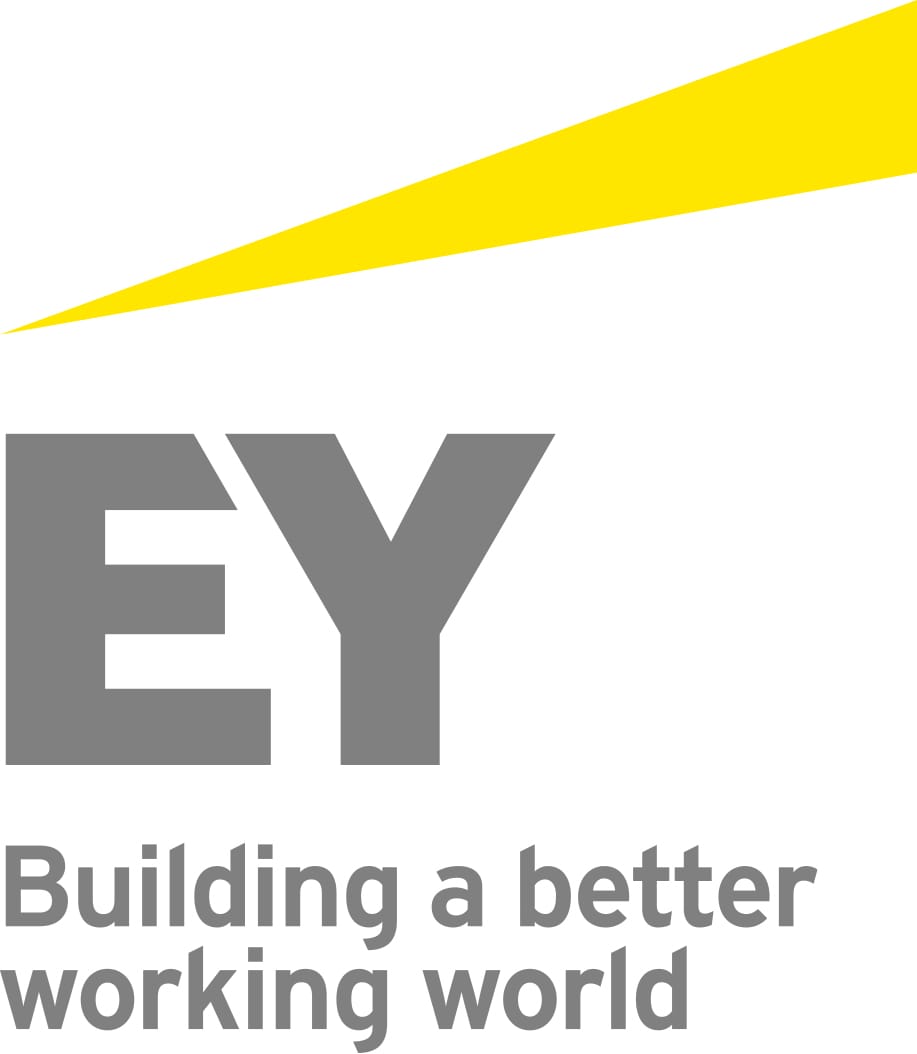Case Study: Powerlong
| Shanghai, China | |
| National | |
| 10,000 Employees | |
| 3 of 15 executive leadership team members are women | |
| Visible and Challenging Job Assignments | |
| An Inclusive Culture | |
| Mentoring and Sponsorship | |
| Managers Who Coach and Develop | |
| Leadership Training |
It is no secret that China’s economic growth has exploded in the last decade, surpassing expectations of even the most ardent China believers. But key aspects of this growth get lost in the economic numbers—chief among them the progression of women in the workplace. China’s population of educated women is rapidly expanding and, as a result, they are increasingly climbing the ladder in the workplace. This trend is playing out at Powerlong, a Shanghai-based investment holding company. “Real estate is still a man’s world,” says Cuihua Lv, Powerlong vice president, “but at Powerlong, women are finding their place in driving our core business.”
Founded in 1992, the company has grown to a 20 billion RMB (US$2.9 billion) organization. Powerlong’s primary focus is China, investing resources in high-growth areas of the country. The company has also embraced a multiple-asset strategy, executing businesses in real estate, professional services, hotels, and emerging industries, even including lithium batteries. This strategy feeds both growth and opportunity for women working at Powerlong, evidenced by the number of female executives and managers within the company. Of Powerlong’s 15 vice presidents, three are women. Furthermore, at the deputy general manager level, there are four women; and within middle management, the split between men and women is 50/50. Even within the real estate business, which is heavily dominated by men, women make up 30 percent to 40 percent of the employee population.
So how is Powerlong achieving these results? To start, Powerlong’s culture and a mix of informal and formal support methods are at the foundation of women excelling in the company. The most common factor that women credit to their ascent in Powerlong is being provided challenging opportunities and roles. With supervisors offering challenging roles and support, women are succeeding and striving for more in the workplace. This tone starts at the top, with a leadership team that is highly conscious of and in tune with their employees’—and particularly their female employees’—ongoing development. Ms. Lv explains her leadership style: she is particularly diligent in noticing and tracking the skill sets of her employees, and she works to give them “stretch” assignments that will match their abilities and strengths. She also dedicates time to having one-on-one conversations with her employees about their career paths and development.
Powerlong is using its diversified business model to further advance women’s careers. In the past, leaders within the organization have placed women in positions that may have been considered more “gender common,” including administrative and support services. The diversified business model also attracts a disproportionate number of women to certain business units, including areas focused on culture and arts. What makes Powerlong interesting and forward thinking is how it supports and drives women to higher positions in areas that have been traditionally occupied by men by providing its female employees stretch job assignments, mentorship and training, and various other resources they need to be successful at different stages in their lives. This mix of women in traditionally male-dominated positions and achieving quick climbs through the organization sets Powerlong apart.
Lv, cited above, is one example of this climb. Lv moved to Powerlong after working in entry-level positions in two other organizations. She has achieved the fastest rise in company history, moving from senior manager to deputy general manager to the head of IT and Operations, a vice-president position and one traditionally occupied by men. This professional ascent is incredible considering Lv’s age (just 41 years old). She is also “paying it forward” by mentoring other women in the organization and purchasing management books for high-potential employees. Lv credits her rise to being provided opportunities to learn, grow, and be challenged. The support of her managers fosters personal loyalty to management, and her example is inspiring other women in the organization.
Male leaders within Powerlong also play an important role in developing and supporting women. Yongtang Zheng, vice president, works within his group to ensure that women and men get equal professional development and promotion opportunities. Zheng also takes the time to ensure that site leaders provide pregnant women and new moms with amenities to successfully execute their roles. Since these real estate sites are typically still male-dominated, accommodating specific female needs plays an important role in helping women take on and stay in jobs that require them to be on site. Zheng views his actions as an essential part of the Powerlong culture and a way to keep women engaged and growing with the company.
Powerlong is also deploying broader, more formal solutions directly aimed at working mothers. The company has recently established on-site nursery services for mothers, breastfeeding facilities, and an organic garden that benefits nutrition planning. These offerings are forward thinking in China’s real estate industry. Also, Powerlong is placing an emphasis on providing women with opportunities to network with other female executives in the industry, which many have credited with providing inspiration for their advancement.
Furthermore, the company offers a number of development programs for women in the organization. The Dragon Program is a prime example. The Dragon Program is segmented into three distinct offerings, each of which is targeted to employees at different points in their careers. For example, the New Dragon Program is targeted to recent university graduates, focusing on core technical and leadership skills; there also are specialty Dragon programs for investment and residential property personnel. For more experienced hires, there is the Flying Dragon Program, which focuses on executive development and networking. Depending on the employee’s level of experience, this program can last anywhere from one week to a full quarter. The curriculum includes classroom training, internal and external coaching experiences, and team-building activities.
In the case of Zi Jin, deputy general manager, Asset Company, the Dragon program, along with informal support from leaders, has enabled her career advancement. Ms. Jin is 32 and responsible for Powerlong’s three flagship projects (Qibao headquarters, Xiamen City, and Lake Riverside) along with the group’s M&A fund business and overseas investment business development and a portfolio of nearly 20 asset management projects. She credits the Dragon Program with her advancement in the organization. She acknowledges, however, that the program alone was not sufficient: she needed informal support from her manager as well as the support and drive to seize challenging opportunities. Formal opportunities combined with informal support also helped Lv, who was able to earn her executive MBA at Wharton, which was sponsored by Powerlong.
Overall, Powerlong is using its diversified business model to empower the success of women. Its balanced mix of formal and informal support is building the next generation of female real estate leaders in China.


